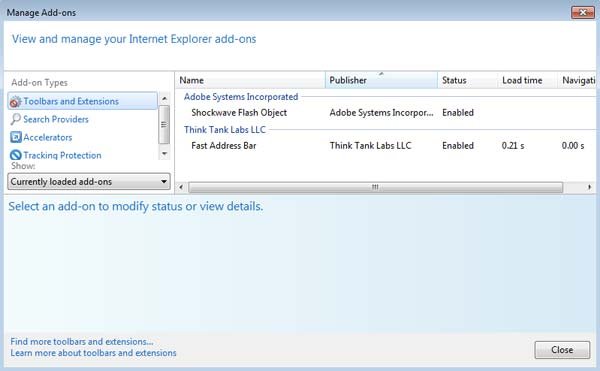

- #Now sends address bar keystrokes to how to
- #Now sends address bar keystrokes to pro
- #Now sends address bar keystrokes to windows

This solution only works if there's no Chrome running yet, as Chrome only sends the new URL to it's main process which opens it then.
#Now sends address bar keystrokes to pro
Works on my machine™ (Windows 8.1 Pro N, Google Chrome 42). Using this class is pretty simple: ChromeWrapper chrome = new ChromeWrapper("") SendMessage(chromeProcess.MainWindowHandle, ChromeWrapper.WM_KEYUP, (IntPtr)key, IntPtr.Zero) give the process some time to "realize" the keystroke SendMessage(chromeProcess.MainWindowHandle, ChromeWrapper.WM_KEYDOWN, (IntPtr)key, IntPtr.Zero) If (chromeProcess.MainWindowHandle != IntPtr.Zero) i'm using the process class as it gives you the MainWindowHandle by defaultĬhromeProcess.StartInfo = new ProcessStartInfo("chrome.exe", url) Private static uint WM_KEYDOWN = 0x100, WM_KEYUP = 0x101 Private static extern IntPtr SendMessage(IntPtr hWnd, uint Msg, IntPtr wParam, IntPtr lParam) Private static extern int SetForegroundWindow(IntPtr point) you might as well use those methods from your helper class Here's a simple wrapper for using in Chrome: public class ChromeWrapper
#Now sends address bar keystrokes to windows
However you can use the Windows API to call the SendMessage function and send Keydown/-up signals to the window. I've done some researching and it seems Chrome does in fact not react to the SendKeys.Send method. Select "Privacy Security" in the left pane, and scroll down to "Address Bar - Firefox Suggest." Disable "Contextual suggestions" and "Include occasional sponsored suggestions" to stop Firefox from sending data to Mozilla.You can create a new instance of Process use it to send your keystrokes. To do so, open Firefox and click menu Settings. This will stop Mozilla from collecting the data you type in your search bar, and it will also disable the suggested results and ads. You can disable Firefox's suggested results, if you like. Mozilla is also providing contextual suggestions, for which it needs more data, including the city you're located in and whether you're clicking its suggestions. So, when you start typing "win" in your address bar, you may see suggestions for "Windows 11" and "Window repair." This is accomplished by sending keystrokes to your default search engine as you type in the search bar, as Mozilla's support site explains. It's worth noting that, for many years, Firefox and other web browsers have had search suggestions in their address bar. However, as of Firefox 93's release in October 2021, Firefox Suggest is only enabled in the USA - for now. Mozilla's blog post on the subject says Firefox Suggest is an "opt-in experience," which was the case in September 2021 - but it's now enabled by default in Firefox 93. Some of them are sponsored ads, but you can disable the ads.įirefox Suggest is on by default. You'll also see "Firefox Suggest" results pointing to web pages. According to Mozilla, "Firefox Suggest acts as a trustworthy guide to the better web, surfacing relevant information and sites to help people accomplish their goals." In reality, what that means is, when you start typing in your address bar, you won't just see the standard search suggestions from Google or your current search default engine. As part of Firefox Suggest, Firefox is getting ads in your search bar - but that's not the only thing that will be news to longtime Firefox users. This change was made as part of the introduction of Firefox Suggest in Firefox 93, released on October 5, 2021.
#Now sends address bar keystrokes to how to
Here's exactly what Firefox is sharing and how to control it. To power Firefox Suggest, Firefox sends the keystrokes you type into your address bar, your location information, and more to Mozilla's servers. An anonymous reader quotes a report from How-To Geek: Firefox now sends more data than you might think to Mozilla.


 0 kommentar(er)
0 kommentar(er)
